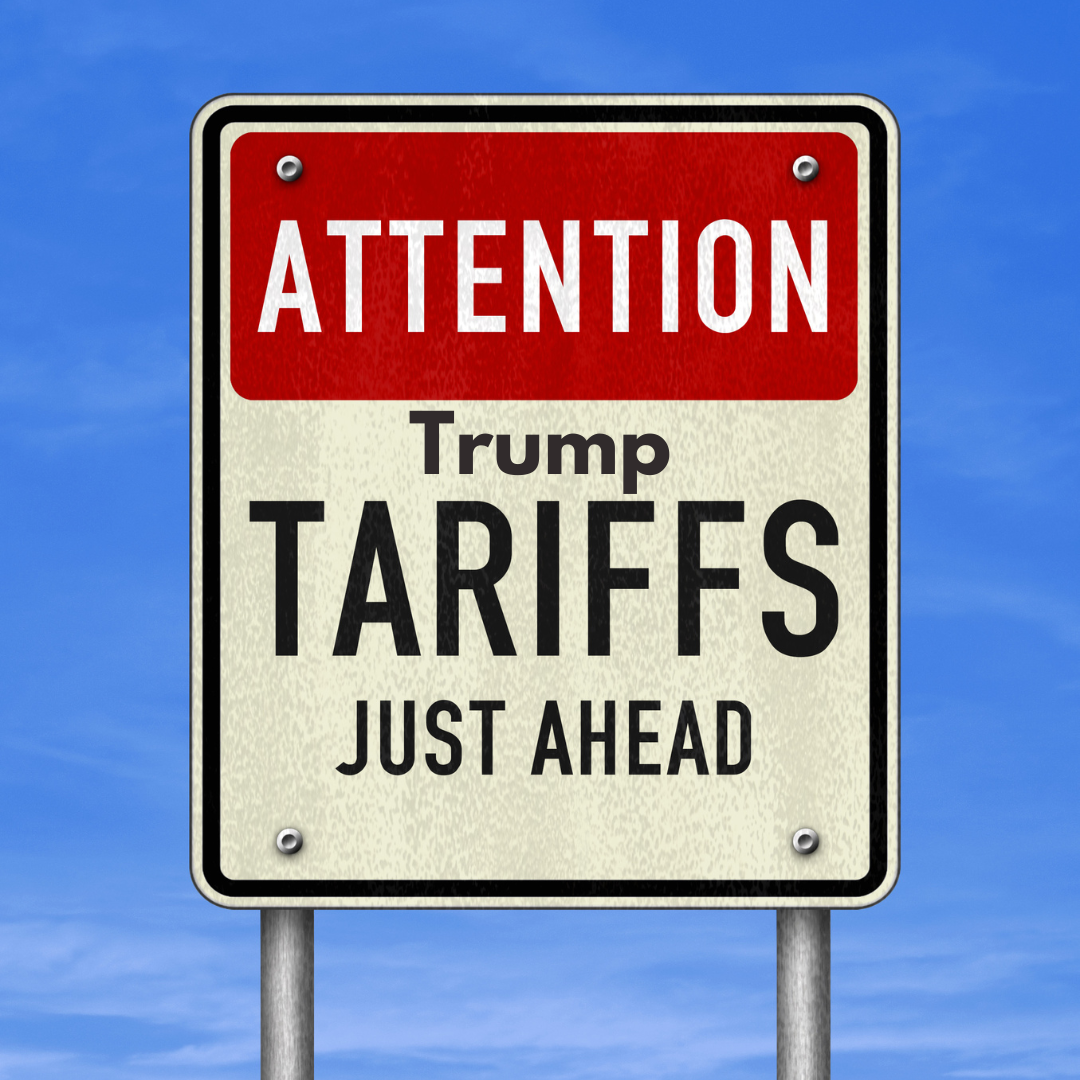How Trump’s Proposed Tariffs Could Affect the Real Estate Market in the Kootenays
The recent announcement by U.S. President Elect Donald Trump to impose tariffs on Canadian imports has raised questions about the potential impact on Canada’s economy, particularly in the Kootenays region. While it’s difficult to predict exactly how these tariffs will play out, there are some clear ways they could affect the Canadian economy and, specifically, the real estate market.
What Are the Proposed Tariffs?
Trump’s proposed tariffs are set at a hefty 25% on Canadian imports into the U.S. If implemented, these tariffs would target a wide range of products, including raw materials and manufactured goods. While it’s still unclear whether the tariffs will actually take effect, the announcement has already sparked a ripple effect in financial markets and among economists.
The Impact on Canadian Interest Rates
A key issue tied to the proposed tariffs is how they could affect the Bank of Canada’s interest rate decisions. According to experts, a 25% tariff could potentially weaken the Canadian dollar, making imports more expensive. While a weaker dollar could make Canadian exports more attractive to foreign buyers, it could also cause inflation to spike, which complicates efforts by the Bank of Canada to cut interest rates.
Some economists predict that the Bank of Canada may decide to lower interest rates in response to weaker economic activity caused by the tariffs. However, this could also push the Canadian dollar down further, exacerbating inflation and making goods more expensive for Canadians. This delicate balance means that the Bank of Canada may have to hold off on rate cuts for longer, potentially leading to higher borrowing costs and a more expensive market for real estate
The Effect on the Real Estate Market in the Kootenays
For those of us living in the Kootenays, it’s important to consider how these broader economic shifts might affect our local real estate market. Typically, the Kootenay region sees a lot of interest from both retirees and people looking to invest in properties for personal use or as vacation homes. The effects of the proposed tariffs, and the subsequent changes in interest rates and inflation, could influence the affordability and attractiveness of local real estate.
- Higher Borrowing Costs: If the Bank of Canada raises interest rates in response to a weaker dollar and higher inflation, mortgage rates could rise. This could make it more expensive for buyers in the Kootenays to secure financing, particularly in a region where many rely on second homes or investment properties. Higher mortgage rates might lead to fewer buyers or a slowdown in the housing market.
- Inflation and Property Values: With the potential for rising costs of goods and services, inflation could make construction materials, renovation projects, and home prices in the Kootenays more expensive. If inflation outpaces wage growth, potential buyers may find it harder to afford homes, leading to a cooling off of the market.
- A Weaker Canadian Dollar: On the flip side, a weaker Canadian dollar could make properties in the Kootenays more appealing to foreign buyers, particularly those from the U.S. In the past, regions like the Kootenays have seen an influx of U.S. buyers attracted by favorable exchange rates. If the Canadian dollar drops, this trend could accelerate, bringing more investment into the area and potentially boosting real estate values in the short term
- Long-Term Market Uncertainty: The overall uncertainty in the market could lead to caution among both buyers and sellers. In times of economic instability, some buyers may hold off on making big financial decisions, while others might rush to lock in mortgages before rates go even higher. This can lead to fluctuations in property values and market activity in the Kootenays.
What Can You Do?
For those involved in the Kootenay real estate market, it’s important to stay informed and prepared for potential changes. Whether you’re thinking about buying, selling, or investing, understanding the impact of these proposed tariffs—and the resulting shifts in interest rates and inflation—is crucial. It may be worth speaking with a local mortgage broker or financial advisor to better understand your options in the face of these economic changes.
As the situation develops, it will be important to keep an eye on both government policies and market trends. While the full effects of Trump’s proposed tariffs remain to be seen, their potential to influence the real estate market in the Kootenays should not be underestimated.
Stay tuned to our updates as we monitor how these changes might unfold and how they could impact our local real estate market here in beautiful British Columbia!
See City News Halifax full article Here


Let’s make this winter the season you achieve your real estate goals!









